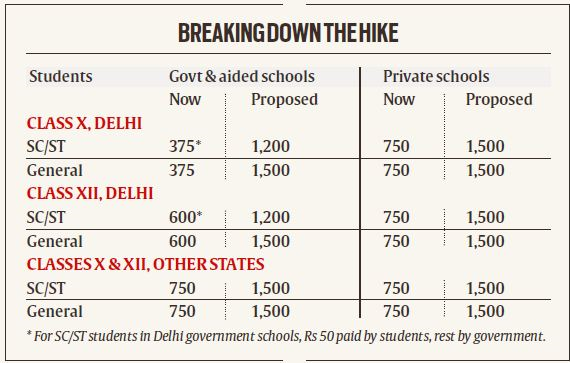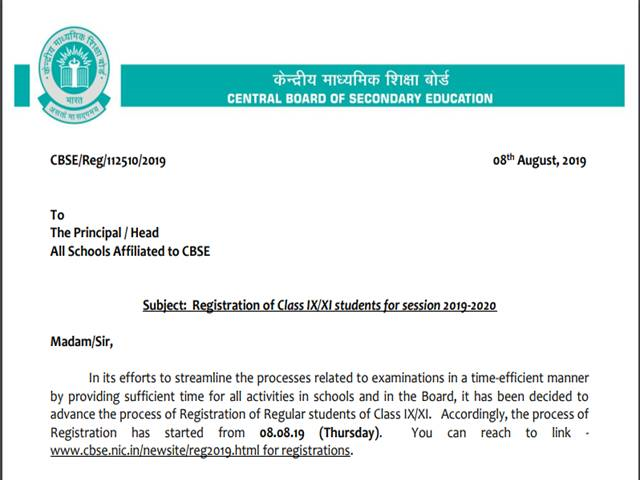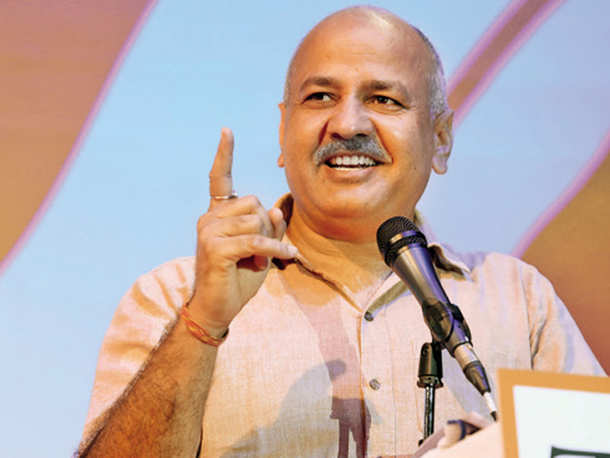Pride Month Special: “Queeristan” & LGBTQ+ Inclusion in Corporate India
Explore "Queeristan" by Parmesh Shahani, a powerful exploration of LGBTQ+ inclusion in corporate India. Discover insights and strategies for a more inclusive workplace.on Jun 11, 2024

Parmesh Shahani's "Queeristan" is a bold and multifaceted exploration of LGBTQ+ identity and inclusion in contemporary India. Shahani, a gay man and corporate leader, weaves together personal narrative, historical context, and practical advice to create a compelling argument for LGBTQ+ inclusion in the Indian workplace.
The book is structured in five parts, offering a variety of perspectives. The first section delves into Shahani's own experiences as an entrepreneur and LGBTQ+ advocate. His personal journey adds a relatable human touch to the broader discussion. Part two provides a foundational understanding of LGBTQ+ life in India, defining terminology, exploring history, and highlighting the crucial role of family acceptance.
However, the heart of the book lies in parts three and four. Here, Shahani transforms into a passionate advocate, building a compelling case for LGBTQ+ inclusion in Indian corporations. He argues that inclusion is not just a moral imperative but also a sound business strategy, fostering innovation, talent acquisition, and brand reputation. Part four takes this argument a step further, offering practical guidance for workplaces to implement LGBTQ+ inclusion initiatives. From policy changes to fostering a culture of respect, Shahani provides a roadmap for creating a more inclusive work environment.
"Queeristan" shines in its portrayal of the Indian LGBTQ+ movement. Shahani amplifies the voices of activists, allies, and everyday people working towards a more equitable society. He weaves in personal stories that serve as powerful testaments to resilience and hope. These narratives humanize the statistics and create a sense of connection with the reader.
Some people may find the writing style to be non-linear and data-heavy, which can be challenging for those unfamiliar with the topic. Additionally, the focus on corporate India may leave some readers wanting a more comprehensive exploration of LGBTQ+ issues in other parts of Indian society. But ultimately, "Queeristan" is a valuable contribution to the conversation on LGBTQ+ rights in India. Shahani's blend of memoir, manifesto, and personal stories offers a compelling argument for change. The book is a thought-provoking and inspiring read for those seeking a deeper understanding of LGBTQ+ experiences in India and the ongoing fight for equality.

.jpg)
.jpg)
.jpg)
.jpg)
.jpg)
.jpg)

.jpg)

.jpg)
.jpg)

.jpg)
.jpg)
.jpg)










Sorry! No comment found for this post.